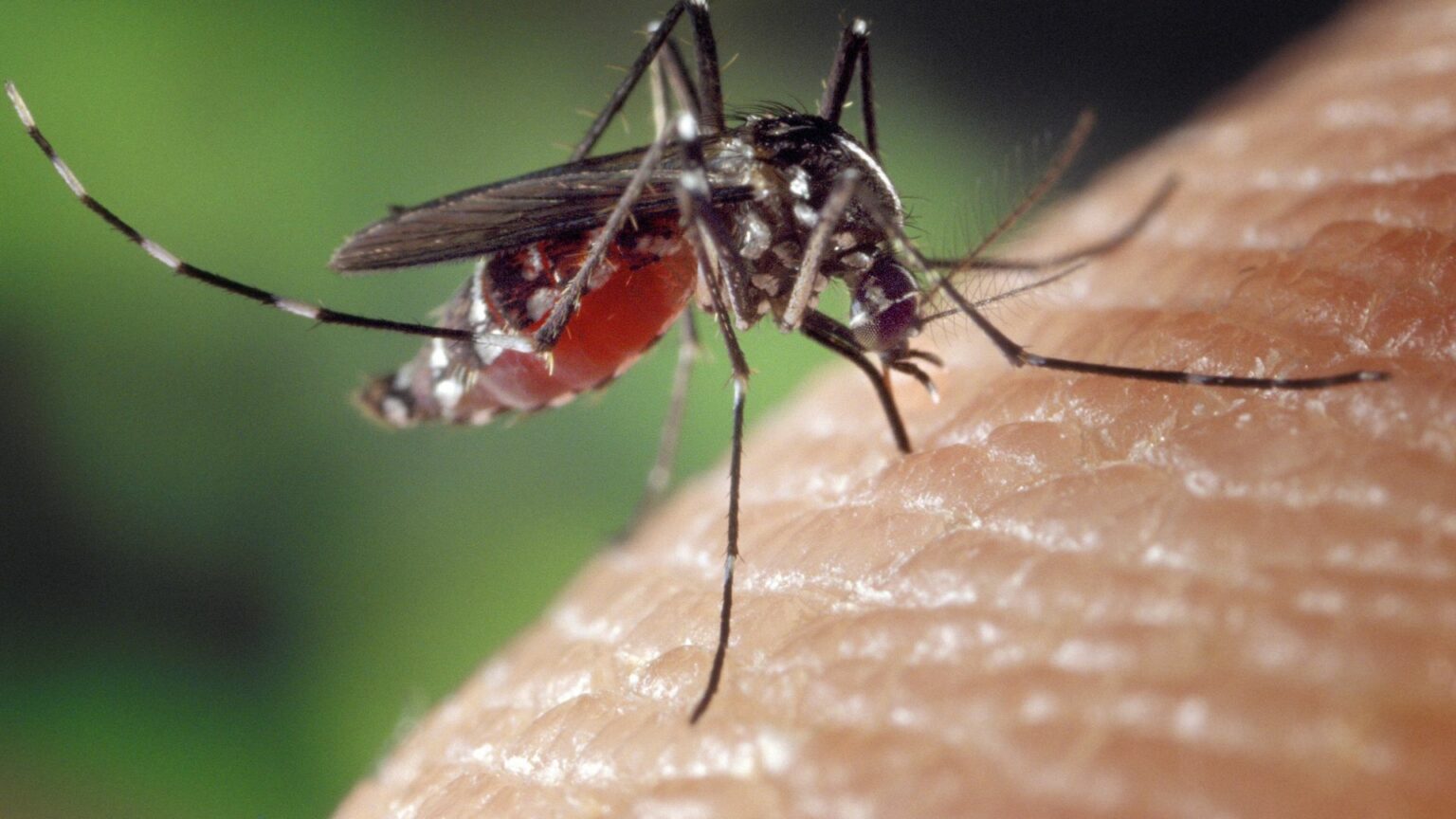According to recent data from the World Health Organization (WHO), in 2021, malaria prevention, testing, and treatment services were substantially maintained around the globe.
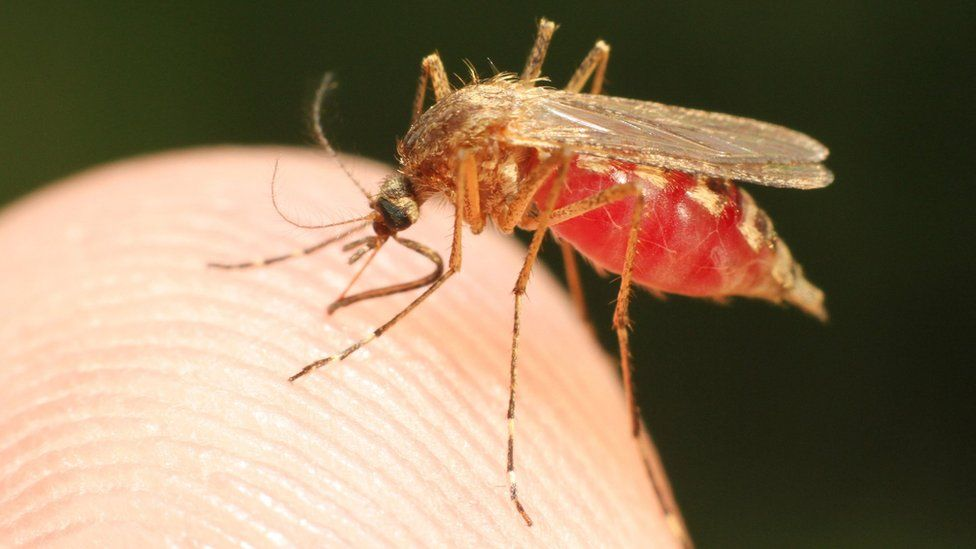
According to recent data from the World Health Organization (WHO), in 2021, malaria prevention, testing, and treatment services were substantially maintained around the globe.
Malaria Reports
This year’s world malaria report stated that there were an estimated 6,19,000 malarial deaths globally in 2021 and 6,25,000 in 2020.
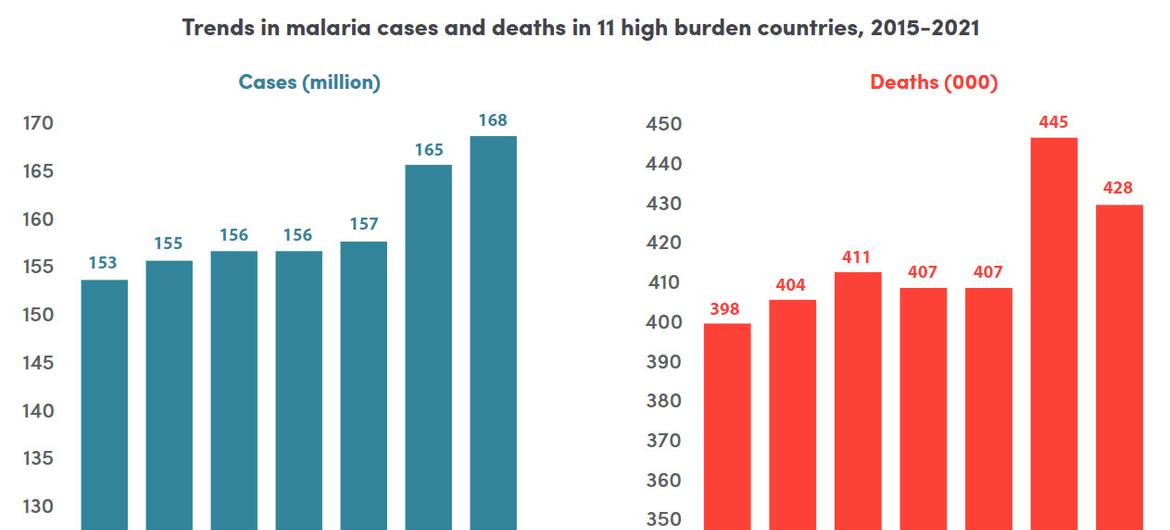
Prior to the pandemic, in 2019, there had been 5,68,000 fatalities. The number of cases increased between 2020 and 2021, but more slowly than it did from 2019 to 2020.
Compared to 245 million cases in 2020 and 232 million in 2019, the number of cases worldwide reached 247 million in 2021.
Malaria-affected countries doubled their efforts and were able to lessen the worst effects of Covid related disruptions to services after there was a noticeable increase in malaria cases and deaths in the first year of the covid19 pandemic, said Dr. Tedros AdhanOm Ghebreyesus, Director General of WHO.
Most countries maintained their malaria testing and treatment services during the pandemic.
Even though there were supply chain and logistical challenges during the time, affected countries distributed a record number of rapid diagnostic tests (RDTs) to health facilities in 2020. In 2021, also countries distributed 223 million RDTs, which is similar to that before the pandemic.
They had many obstacles he stated but were optimistic. By improving the response, recognizing and minimizing the risks, increasing resilience, and speeding up research, there was every reason to hope for a malaria-free future.
Measures were taken by countries to control malaria
The majority of malaria-endemic nations started distributing insecticide-treated bednets (ITNs) as their main vector control strategy. In 2020, more ITNs were deployed globally than ever before.
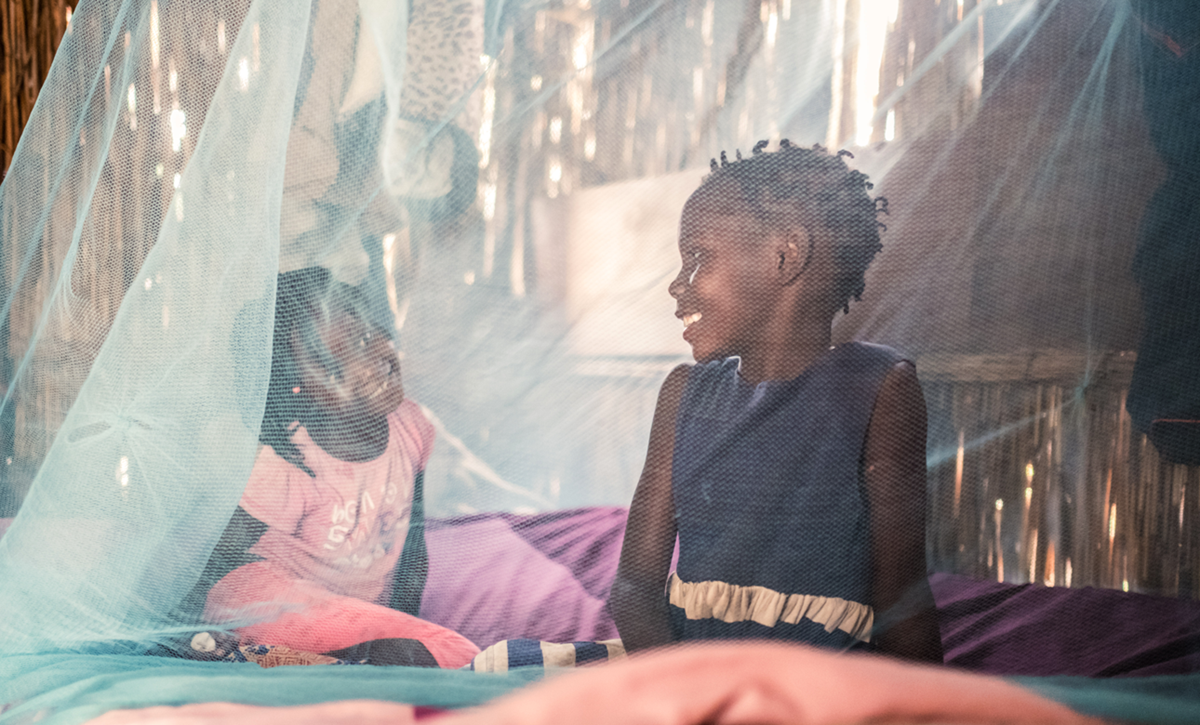
ITN distributions were strong in 2021 like in pre-pandemic years, according to the report. 128 million that is 75% of the ITN were distributed out of 171 million.
However, eight countries – Benin, Nigeria, Thailand, Uganda Eritrea, Indonesia, and Vanuatu, Solomon Islands,- distributed less than 60% of ITNs, and seven countries -Botswana, Chad, India, Central African Republic, Pakistan, Haiti, and Sierra Leone – did not distribute any of them.
African regions had to face the most challenge with 95% of cases and 96% of deaths globally in 2021.
The global response to malaria was also threatened by disruptions caused by the pandemic and consistent humanitarian crises, health system issues, funding restrictions, growing biological threats, and a decline in the efficacy of key disease-cutting tools like ITNs. Additionally, it has been found that mosquito behavior has changed, and they now have naturally gained resistance to insecticides.
Strategy by WHO
WHO recently established two initiatives to help nations across the African continent as part of creating a more robust response to this vector-borne disease: a strategy to combat antimalarial drug resistance and an endeavor to restrict the spread of the Anopheles stephensi malaria vector.
A new global framework was created, collaboratively by WHO and UN-Habitat, for urban environments and it provides direction for city leaders and malaria stakeholders.
Strong research processes are also conducted to develop new malaria control measures which include long-lasting bed nets with novel pesticide combinations, spatial repellents, targeted mosquito baits, and mosquito genetic engineering. New diagnostic tests and next-generation life-saving drugs are also being developed to combat anti-malarial drug resistance.
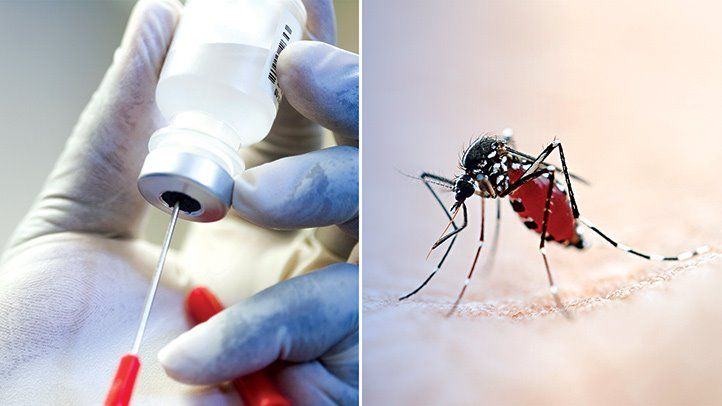
By the end of 2024, millions of children living in areas most at risk of malaria illness and death will also benefit from the effects of RTS, S, the world’s first malaria vaccine, according to WHO.
These opportunities can be made fully useful only by strengthening the efforts of health systems by adopting primary healthcare approaches to ensure access to high-quality services and interventions.
Read also: Two Days Health Ministers Conclave at Varanasi to be inaugurated by UP Governor







